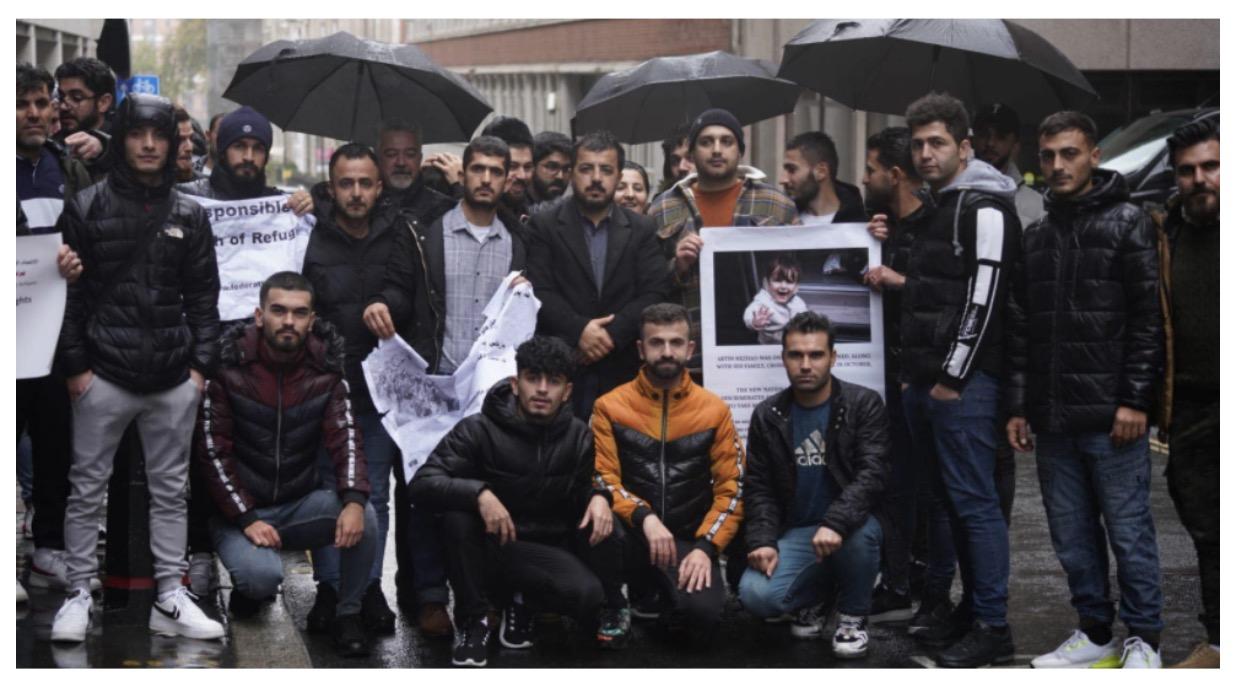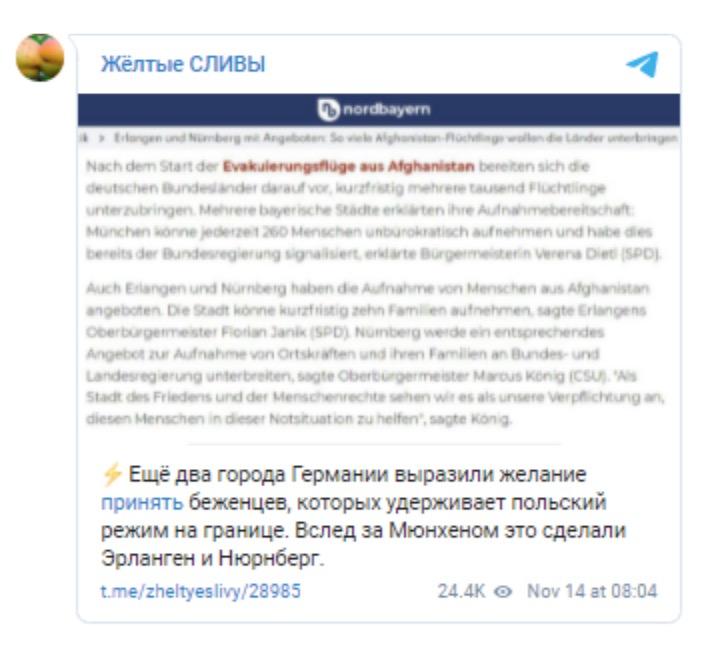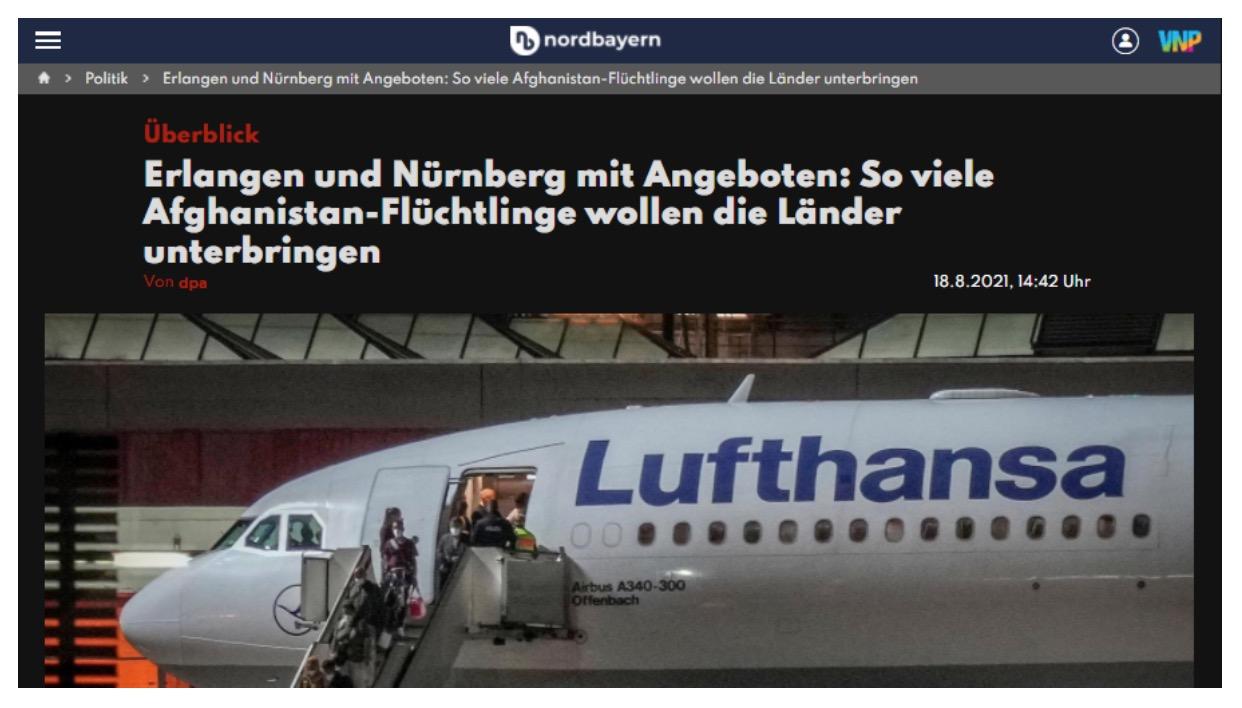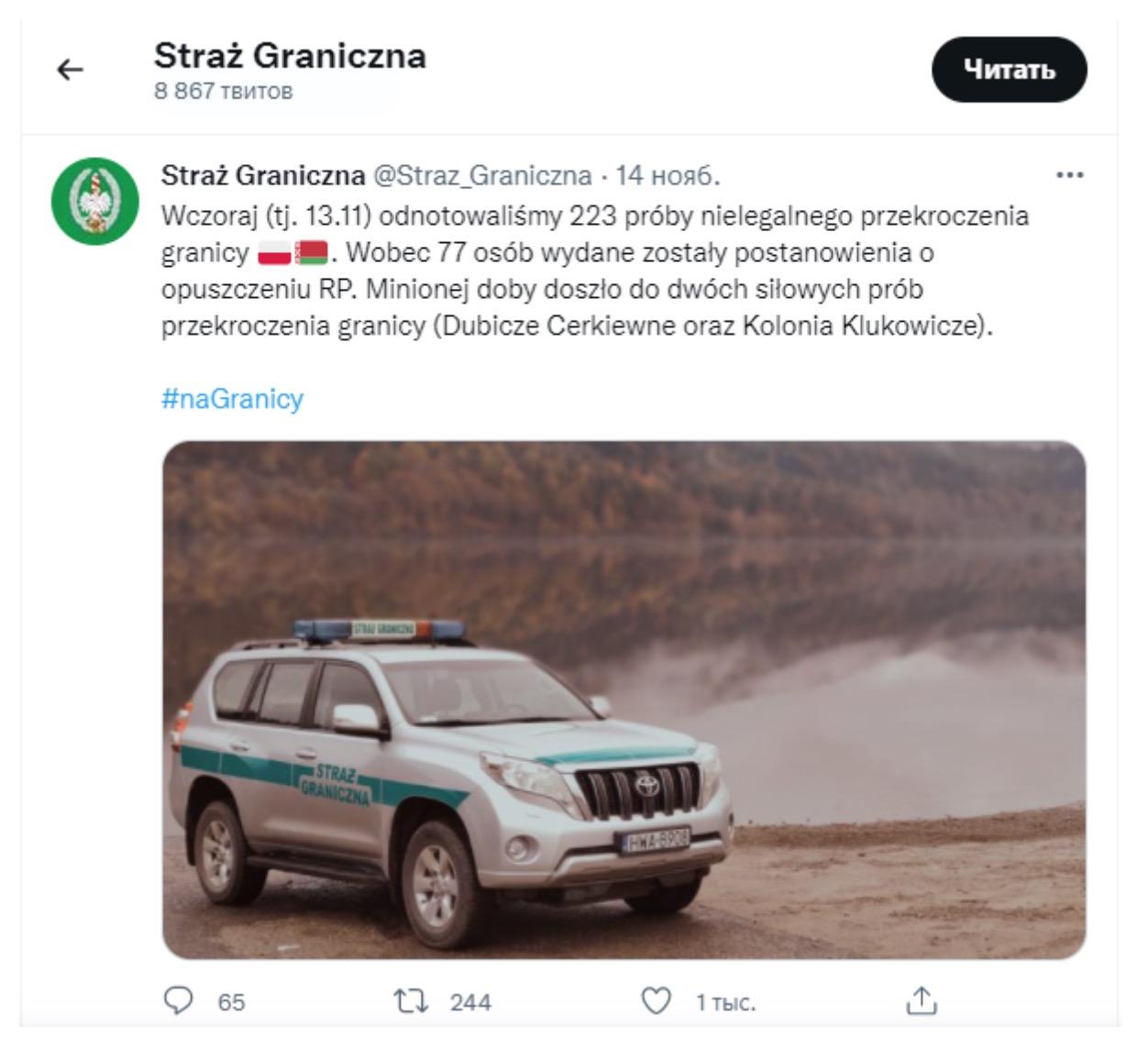"Dissatisfaction with the actions of Western countries is increasingly spreading throughout Europe. A mass action in support of refugees on the Belarusian-Polish border was held in front of the Polish Embassy in London. People demanded that the Polish authorities stopped violence and gave people an opportunity to get to Germany. However, Polish diplomats remained aloof to any pleas," was said on "Belarus-1.
Since the action was so massive, why are there only a few dozen people in the photo from this event?

We made our own investigation and found that the action in support of refugees in front of the Polish Embassy in London really took place. It was organized by the International Federation of Iraqi Refugees. On their Facebook page, they posted a report on this action and even described what they were chanting at the embassy’s walls. The slogans were as follows:
1) Shame on Poland.
2) Refugee rights are human rights.
3) Open the borders now!
4) Poland and Belarus are responsible for the death of refugees.
It turned out that the protesters are not only dissatisfied with the actions of Poland and other Western countries, but also with the actions of Belarus itself, on the territory of which refugees are dying. However, the TV channel "Belarus-1" decided not to mention it.
The channel also lied that European diplomats had not paid attention to the protesters' pleas. The protesters themselves reported that the representative of the Federation of Iraqi Refugees had handed a letter to the Prime Minister of Poland. And of course, contrary to what had been said on "Belarus-1", it did not contain the demand to let the refugees into Germany. The protesters asked to "send them around European countries”.






